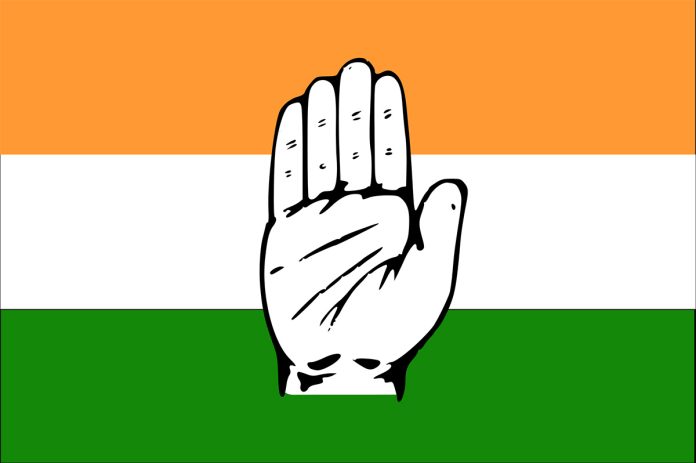Lok Sabha 2024: Five years ago, the Congress party’s manifesto for the 2019 Lok Sabha election was dominated by the idea of NYAY (Nyuntam Aay Yojana). Back then, the Congress had proposed providing financial assistance to the poorest 20% of the population.
Creating a sub-category or division among the poor was considered a rather unusual step. Party leaders indicated that some of the top economists within the Congress were skeptical of such plans, as the party had previously aimed for “Garibi Hatao,” a broader approach to poverty alleviation.
NYAY was never implemented as the BJP emerged victorious over its principal opponent in that election.
Five years later, on Wednesday, the Congress introduced “NARI NYAY.” Unlike NYAY, this new plan does not attempt to identify a sub-group within poverty but instead pledges to “empower every Indian woman.”
The Congress has pledged to provide poor women with ₹1 lakh per year, reserve 50% of Central government jobs for women, double support for ASHA, anganwadi, and mid-day meal workers, among other schemes.
However, the larger challenge for the Congress lies elsewhere. Its election promises may clash with the “Modi ki guarantee.” For voters, it will be a choice between embracing lofty promises or trusting the Prime Minister, who has already delivered fundamental services such as housing, water connections, toilets, cooking gas connections, and electricity at a massive scale.
In West Bengal, the Citizenship (Amendment) Act (CAA) continues to dominate the political discourse. Chief Minister Mamata Banerjee has declared that she will not permit the establishment of any Assam-type detention camps for “foreigners” in her state.
In 2009, the Assam government established detention centers to house individuals deemed “foreigners” by tribunals until their deportation. These centers, initially set up inside jails, were intended as a temporary solution until a permanent location could be secured. The largest detention facility, the Matia Transit Camp, commenced operations in January last year. Situated in Goalpara, about 130km from the state capital Dispur, it occupies a 28,800 sq. ft area.
Banerjee criticized the Citizenship (Amendment) Act (CAA), whose rules were notified on March 12, labeling it a ‘political gimmick’ ahead of the Lok Sabha elections. Several Opposition chief ministers, including Banerjee, Kerala CM Pinarai Vijayan, and Tamil Nadu CM MK Stalin, had threatened not to “implement” the law in their respective states. However, it’s important to note that citizenship falls under central law, and state governments lack jurisdiction over citizenship matters.
In Bengal, Trinamool Congress (TMC) candidate Mahua Moitra faces trouble after being removed from the 17th Lok Sabha.
The Lokpal, an anti-corruption authority responsible for investigating complaints against public servants, is expected to determine this week whether to file a First Information Report (FIR) against former TMC lawmaker Mahua Moitra in the cash-for-query case.
The Bharat Jodo Nyay Yatra, which commenced in Manipur, has now reached its 61st day. After traversing through states such as Assam, Arunachal Pradesh, Nagaland, West Bengal, Bihar, Jharkhand, Odisha, Uttar Pradesh, Madhya Pradesh, Rajasthan, and Gujarat, the yatra is scheduled to conclude at Shivaji Park on March 17.
Congress leaders have indicated that the party will convene its Congress Working Committee (CWC) meeting only after the culmination of the yatra. During this meeting, the manifesto will be finalized, and various decisions related to the upcoming elections will be made.

